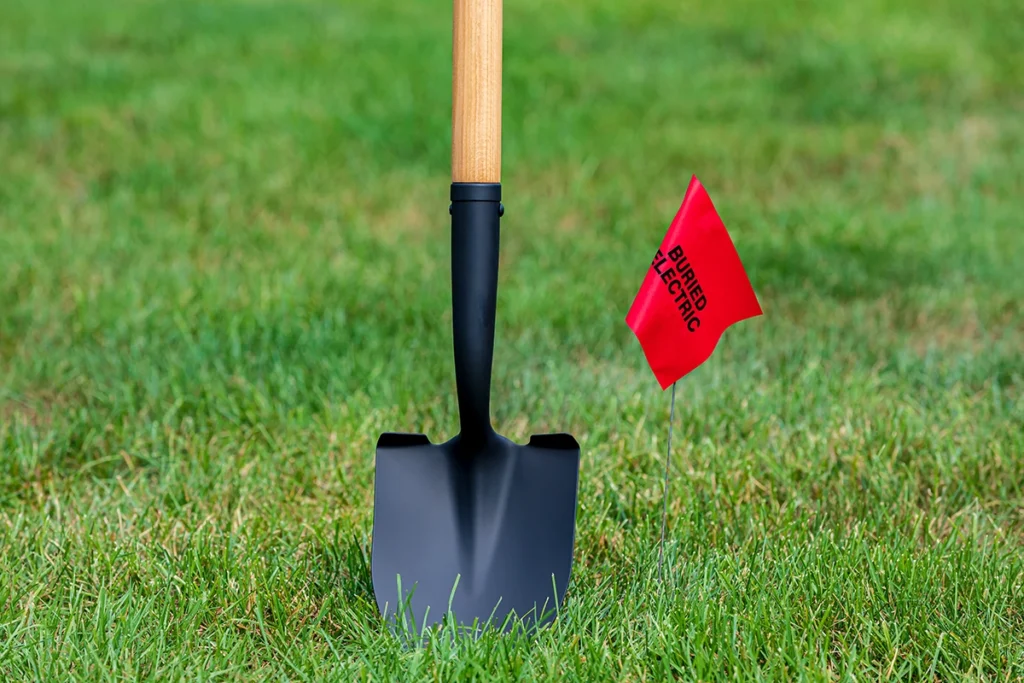August 11th is Safe Digging Day

Before you grab a shovel, grab your phone and call 811 or go online to colorado811.org. Even small digging jobs can have big consequences. If you hit a utility line, you could cause a major outage, face serious injury, or be fined. Calling before you dig is fast, free — and it’s the law.
WHAT COUNTS AS DIGGING?
Colorado law defines “excavation” or digging as any operation that moves earth. Some examples include putting in a fence post, planting a tree, digging a trench for irrigation, boring, plowing, tunneling, grading, scraping, hydro-excavating, and more.
STEPS TO A SAFE PROJECT
Step 1: Request a Free Locate
- Call 811 or go online to colorado811.org
- Describe where you’re digging on the locate ticket
- You’ll get a ticket number via email
- Premarking the excavation area in white is recommended
Step 2: Wait for Locates
- Utility locators have three business days to respond
- SIEA’s contractor is Colorado Line Locators
- Wait for color-coded flags or ground markings around your property
Step 3: Wait for a Positive Response
- Required by Colorado law
- Confirms all utilities have responded
- Check status at colorado811.org
Step 4: Dig Safely
- Stay at least 18 inches from markings
- Use hand tools if digging closer to the markings
- Locates expire in 30 days or if marks wash away
You may be held responsible for damage and the costs to repair if you fail to follow these steps.
I DUG INTO A LINE. NOW WHAT?
- Stop immediately and evacuate if needed
- Never try to fix the damage yourself
- Call SIEA and 811 to report it
Small nicks in underground wires can lead to bigger dangers and outages far from the dig site. Damage must be professionally assessed and repaired.











